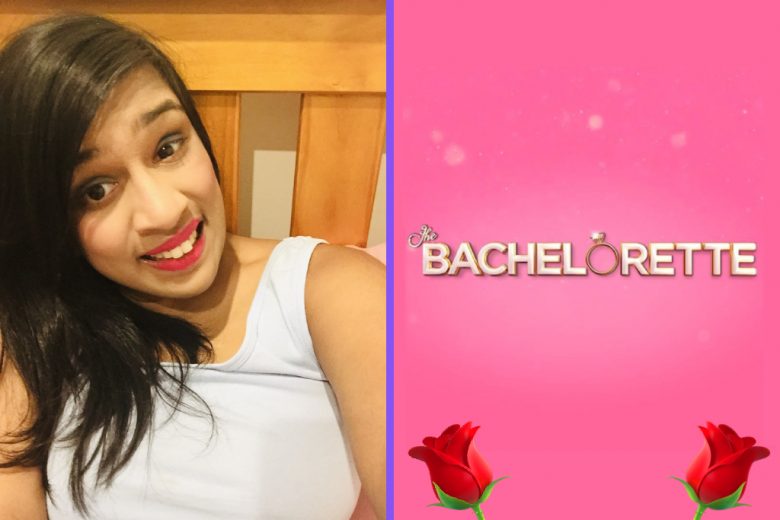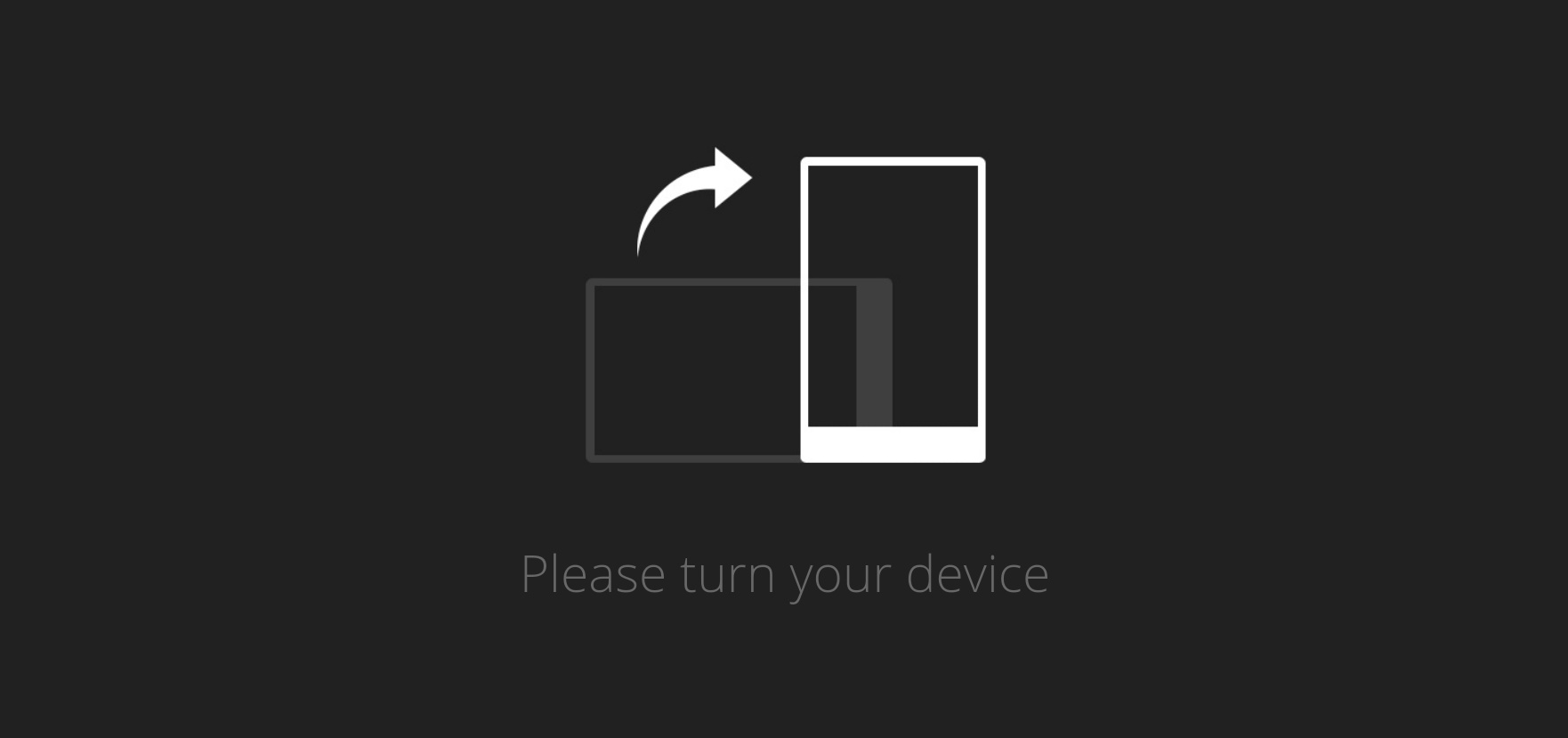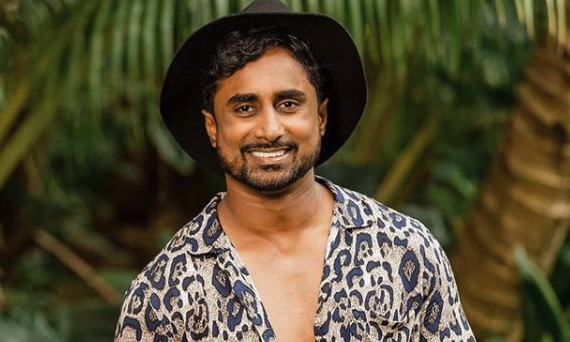
Australian Dating Shows Need To Feature Contestants With Disabilities
A disability activist is calling on Australian reality TV shows to be more inclusive in their representation of relationships and finding love.
One in six — equating to more than 4 million people — have disability in Australia, but the major commercial networks continue to exclude nearly a quarter of the population by mostly showing abled bodies on their shows.
Jerusha Mather, a 27-year-old woman with Athetoid cerebral palsy has started a petition for more visibility of people living with disability in the dating scene, with hopes of one day seeing a disabled person become the next Australian Bachelor or Bachelorette.
The woman behind the campaign
With credentials rivalling former The Bachelor star Matt Agnew, Mather is an eligible bachelorette in her own right, with a degree in Biomedical Science who is also in completing a PhD. She told Punkee her campaign after years of seeing the lack of non-abled and differently-abled bodies on shows like Love Island or Too Hot To Handle.
“Love is really challenging to find for anyone,” she said. “I have a physical disability, which means there are some barriers that need to be worked with, and most of it is lack of awareness.”
She said the stigma attached to people with disabilities, especially when it comes to dating, could be alleviated with better representation in the media.
A report by Paramount in March found that more than 80 percent of Australians believe companies should commit to increasing diversity. Meanwhile, when it came to television shows, the percentage of characters with disability was four times less than the percentage of Australians with disability off-screen.
“I think it’s very important in society and culture to see more representation in TV shows like The Bachelor and Married At First Sight, where we don’t see a lot of people with disabilities as contestants,” said Mather. “That’s very disappointing — it’s ridiculous. It doesn’t really show a reflection of the community.”
Representation so far
Shows like Love on the Spectrum for young adults with autism, and blind date series First Dates have opened the doors and set the path forward for a more inclusive future — but there is still ample room to go further.
“We are getting to a point where we are seeing more inclusivity, but there still needs to be a lot of work done…”
“It doesn’t have to be like, you date a specific group,” said Mather. “Why can’t they include someone with a disability on a mainstream dating show? Why do we put people in a box and tell them that they only date one type of person when there are different types of people in the world?
“I really want to show that people with disabilities can date anyone, we’re just like you, and we have feelings and emotions and thoughts like everyone else,” she said. “We are getting to a point where we are seeing more inclusivity, but there still needs to be a lot of work done particularly in the TV industry.”
The steps for change
Reality TV shows are known for their manipulation of footage to create archetypal characters that portrays individuals in a certain light, with or without their consent — known as the ‘villain edit’. Mathers acknowledged that behind-the-scenes support and a safe environment would be needed to make that once representation actually happens, the love interests and contestants aren’t misrepresented.
“I think that we need more support in terms of counselling, coaching, because some people are going to be mean,” she said. “They would need to change the narrative a little bit to make it a bit kinder and a nice environment, but I think you could still have drama.”
She said the dates could be more accessible and tweak the current format of activities, but still include and involve people of all abilities. At the same time, participants could be better vetted and briefed, and more non-abled or differently abled producers and writers could be brought on to help inform important decision making conversations.
Mather has been in touch with Warner Bros Australia — the production company behind The Bachelor — and has a meeting lined up to discuss her vision, offering her a glimmer of hope.
“I’m not sure what’s going to happen. Yet, I’m disappointed that there’s still little diversity within the 2022 Bachelors as they are three white males. I hope we can change this.”

